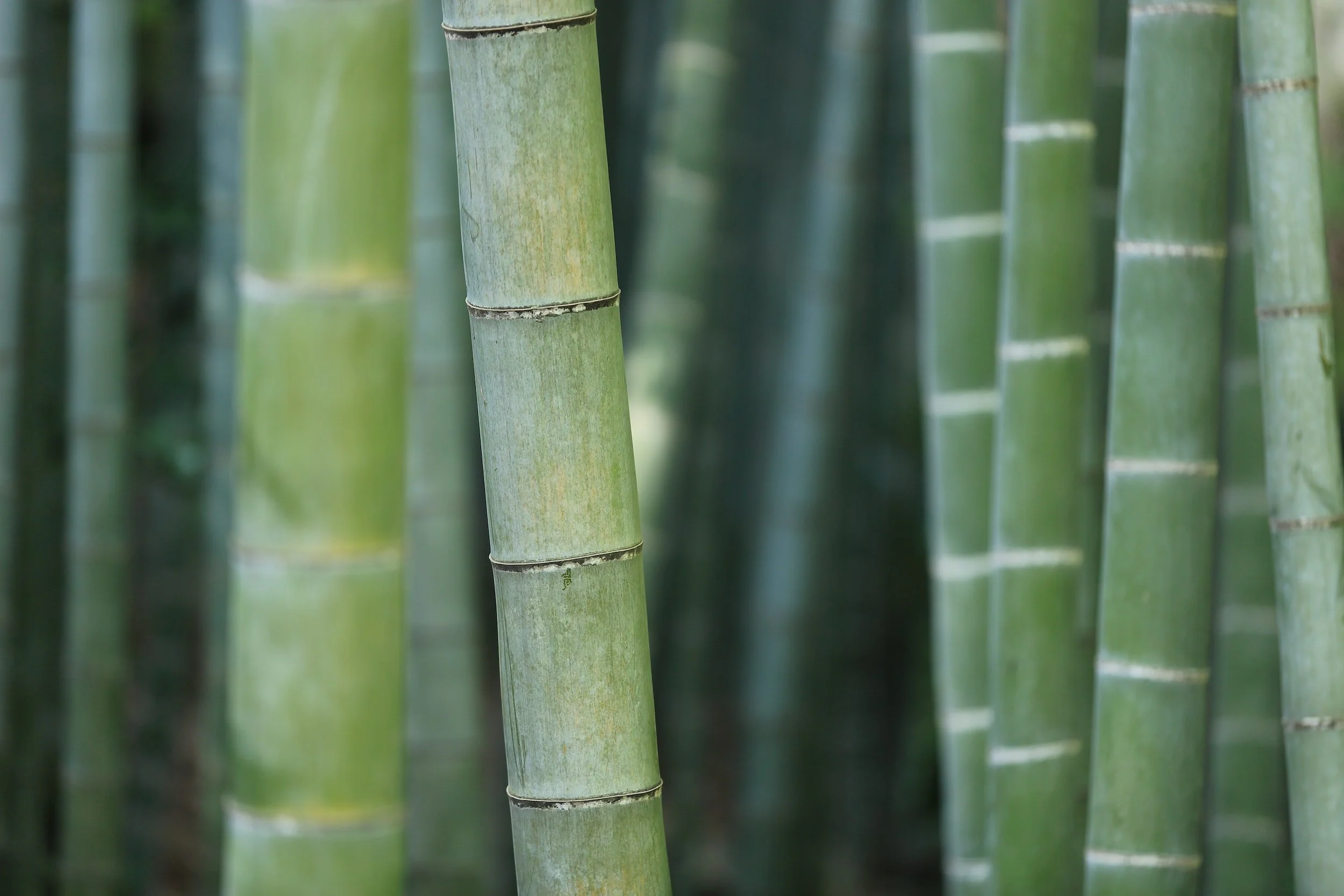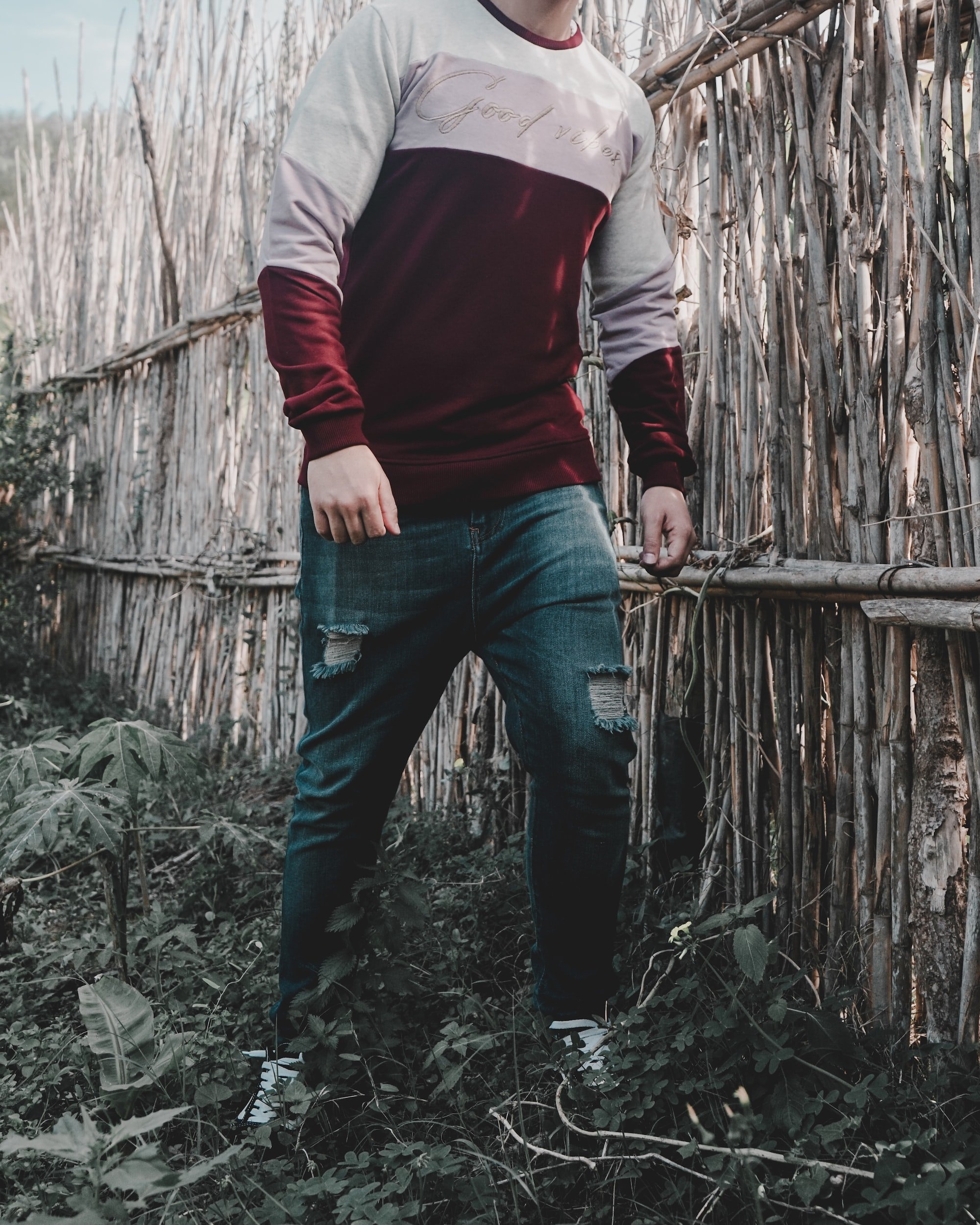Bamboo in clothing: sustainability, fashion and innovation
By PAGE Editor
Consumerism has made the fashion industry superficial and oriented to making as much profit as possible. Consequently, 92 million tonnes of textiles are going to waste, ending up in landfills. To make matters worse, it is expected that this number will almost double by the end of the decade.
That’s also because people are wearing clothes less than back in the day before tossing them, for which the fast fashion industry is responsible. Many of today’s clothes are produced rapidly to manage the fast-changing trends, but their quality is underwhelming, although the prices are highly accessible for most people.
All these reaction chains get us faster to an alarming increase in global emissions, which is something that can’t be stopped. However, it may be slowed down if the huge producing companies focus more on sustainability rather than money. That can be done by providing more ethical processes while also investing more in high-quality and green textiles, such as organic hemp, recycled fabrics and bamboo.
Among them all, bamboo might be one of the best choices since the product made from this plant is 100% biodegradable, meaning they completely break down and decompose into natural elements. Bamboo can go through this process somewhere between 45 and 180 days, which would mean salvation for waste landfills and the fashion industry.
Why is bamboo a sustainable solution?
Sustainable fashion is necessary to save the environment. It helps keep on natural resources, spares animal lives, and requires less water in manufacturing processes. Ultimately, it teaches people an important lesson about loving and caring for your clothes for longer rather than continuously looking to fit into trends and having chosen less qualitative options.
There are a few reasons why bamboo is an excellent solution to fight against textile waste. First of all, it’s one of the fastest-growing plants on the planet ―in only three to four months, it can get to its full size. Bamboo doesn’t need fancy pesticides and other chemicals to prove the best quality; it only needs adequate conditions. This is exceptionally fast compared to regular trees, and harvesting is natural.
Secondly, bamboo has some unique features: it’s antibacterial due to one of its core substances called bamboo kun. The plant’s element prevents bacteria and microbes from growing, which makes most products sterile and fresh. At the same time, it’s a strong and durable plant while providing lightness.
Finally, bamboo isn’t toxic to the environment. It’s known that bamboo forests help close off carbon dioxide, which, if used primarily in the fashion industry, would help minimize yearly emissions. Bamboo could also reduce deforestation since it grows so fast and even replace fossil fuels, such as being transformed into pellets for electricity generation and heating.
Bamboo fashion: is it doable?
Like most natural products, bamboo must go through a manufacturing process to become fit for clothing, including caustic soda, which isn’t persistent and can be easily neutralized by the environment. This process is required to break down the plant’s wooden features and make it malleable.
In clothing, bamboo is a great choice as a base material because it is:
Soft to the touch;
Hypoallergenic since it doesn’t irritate the skin;
Breathable and thermo-regulating;
Moisture-absorbing, much more than cotton;
UV protective;
Biodegradable;
As with all these benefits, some companies have approached cotton manufacturing and transformed it into sustainable and long-lasting clothes. One of these examples includes This is J, a Canadian business that focuses on providing positive environmental and social impact through their sleepwear garments.
It’s believed that bamboo clothes can last more than a decade if taken care of properly. Keeping these clothes in good condition means washing them in cold to warm water (no more than 40 degrees Celsius because they might shrink), along with a gentle detergent. Although bamboo is not that pretentious when it comes to caring, it’s best to maintain its structure by avoiding high temperatures and stretching.
Three types of bamboo can be used in manufacturing:
Bamboo viscose is similar to viscose products and is cheaper to manufacture and produce;
Lyocell bamboo fabric is manufactured through a closed-loop production method which retains the bamboo properties in the material more;
Mechanically-produced bamboo fibre is one of the most expensive options since it’s the closest to authentic bamboo. This is the strongest, softest, and most durable form of bamboo.
How bamboo helps innovate the fashion sector
Bamboo is one of the best solutions for green fashion. Besides all the reasons listed above, bamboo is more likely to be harvested and manufactured by local businesses, which are prone to using more sustainable and ethical procedures regarding their business methods. At the same time, small companies tend to be better suited to be innovative since they can execute ideas and adapt to the market’s demands faster.
Given that consumers highly demand sustainability, bamboo is a unique approach to helping small businesses and clients reach common ground. This plant is the perfect garment for summer since it’s UV protective and has the property of wicking moisture, which is why bamboo pajamas are people's preferred product. It offers both comfort and properties for improving one’s sleep while being a green piece of clothing.
Bamboo can also help end the fast fashion trend since owning a durable garment allows people to wear them for longer without going out of trend. That’s because some statement pieces, like a good pair of denim or a leather jacket, will always be worn and appreciated.
Ultimately, bamboo fabric isn’t made only for clothes. Given its unique properties, it can also be transformed into household textiles, such as sheets, blankets, or towels. However, consumers appreciate bamboo more in clothes as they feel amazing on the skin.
Wrapping up
Bamboo is among the best solutions for mitigating sustainability and fashion trends. The plant grows fast, is 100% biodegradable, and doesn’t require complex and damaging manufacturing processes. Plus, it provides many hypoallergenic and moisture-absorbing features, so it’s a perfect product to own. In the near future, bamboo manufacturing processes will become even more environmentally friendly, so we're excited for the fashion industry to change for the better.
HOW DO YOU FEEL ABOUT FASHION?
COMMENT OR TAKE OUR PAGE READER SURVEY
Featured











Since then, the initiative has created a powerful ripple effect across the global supply chain, empowering luxury houses, premium brands, and forward-thinking mills to adopt clean chemical management and verified sustainable manufacturing at scale.